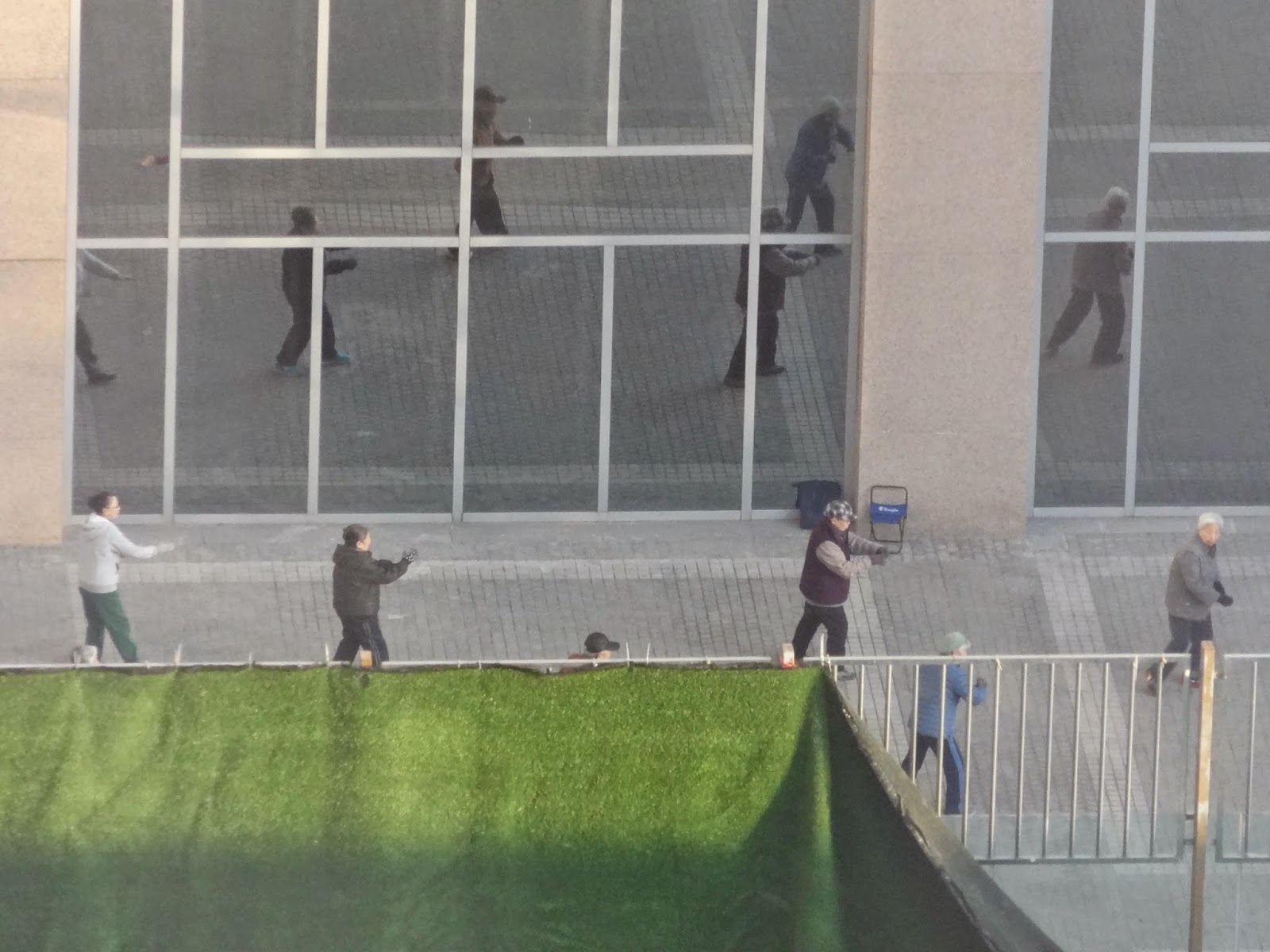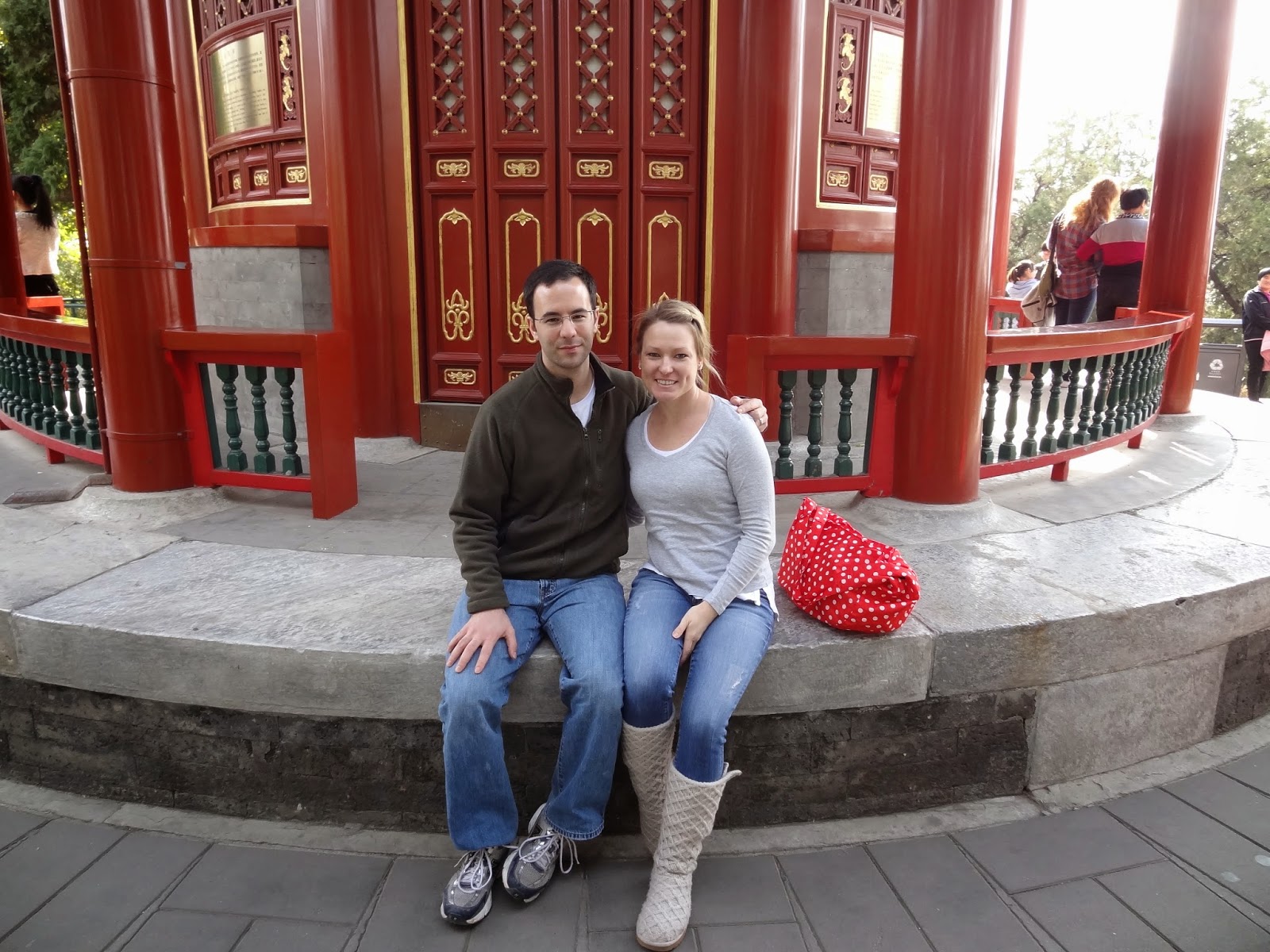Throughout the last two years there have been quite a few
occasions when Paul and I have been baffled that we live in the third world.
Sometimes, we would just stare out our bedroom window, or stand just outside
and look out onto the developed portion of the undeveloped world: a rolling
hillside the color of Tennessee dirt, more copper colored than brown, speckled
with hints of green only during the rainy season; two parallel runways at the
small airport that seemed close enough to touch; two roads, also parallel, one
leading to the Airways Hotel and to the developing landscape beyond, the other
providing access to the airport and all of the businesses that support the
local aviation industry; planes, lots of planes. O.K., in reality there were
probably a dozen and a half planes at most but still, planes.
Planes that would wake us at 5 a.m. when three consecutive
overnight flights landed within half an hour of each other, thrust reversers broadcasting
their arrival in an otherwise tranquil early morning. Planes that would start
their engines with high-pitched squeals and booming whooshes any time Paul and
I would attempt to sleep, whether napping in the afternoon or lying down for an
evening sleep. Planes. Because we lived in a place where there was an airport
in our front yard.
Sometimes I would watch vehicles make their way along the
hillside roads on the other side of the runways. Little miniature cars, mostly
white, just pushing along as if a child were providing the energy needed to
move the trucks from one side to the other.
Once we saw fire in the evening sky. PNG’s land is fertile
when it comes to natural resources; copper, gold and natural gas are just three
of the major exports. Exxon Mobil last year completed a liquefied natural gas
line just north of Port Moresby and, when the pipeline was ready for
production, the initial gas expelled was burned and the whole eastern sky
looked as if the clouds were burning the black out of the night.
Paul and I spent most of our days in our two-room apartment.
Mostly because there wasn’t a whole lot to do in Port Moresby and mostly
because my husband was leery to see what else Port Moresby had to offer – you
know, safety and personal security wise. He was always content inside where he
had the comforts of cable television, unlimited, though often slow, Wi-Fi and
air conditioning.
A local café and clothing boutique called Duffy and the
compound next door, The Airways, were the only two places Paul would ever let
me visit unaccompanied. Only twice was I able to go all the way into town for a
grocery run without him chaperoning me. “I would really prefer that you wait
until I am home to go,” he would say if he were out on a trip.
I made friends in PNG, though a little too late. Desi, one
of Paul’s flight attendants, is a wonderful woman of God with a heart bigger
than the Grinch’s new one. Her 2-year-old daughter has immense, cautious eyes –
she examines every situation and thinks carefully before responding. Paul and I
were the first and likely the only Caucasian people she met.
Brenda is Paul’s boss’s wife. She speaks the most beautiful
prayers I have ever heard.
As Paul and I left PNG today, I was sad to leave them, and I
was sad that I had not become friends with them sooner. I think we would have
had many happy times together, but I am certainly grateful that I know them
now.
Paul and I no longer live in PNG. We left today after an
emotional few months. The short version of the story begins with the company
issuing a new contract to all the pilots, an inferior contract that included
pay cuts and decreased benefits, making it nearly impossible for some of the
pilots to continue their employment. Paul, like many pilots, chose to not sign
the new agreement and, while everyone around the world spent 24 consecutive
hours counting down the seconds to the conclusion of one minute, one hour, one
day, one month, all signifying the end of one year, Paul and I were watching
the clock, counting down to the 5 p.m. deadline that would determine whether or
not he would have a job come midnight.
Three pilots operated Paul’s plane. Though he technically
worked for a commercial airline operation, he was responsible for flying
government officials on an airline-managed corporate jet. The commercial pilot
agreement only partially applied to the pilots on the corporate jet and, since
only three people out of more than 200 are trained to fly the aircraft, Paul felt
he had a bit of leverage. On the evening of December 31, the deadline for the
pilots to either sign or resign, Paul stated his intention to continue with the
company under better terms, otherwise he was happy to leave. Paul was advised
that his contract would be extended two days so that company management could
review his proposal to continue his employment.
Instead of having a firm decision, the next several days only
extended the drama and the uncertainty. On January 2, Paul was told that if he
did not sign the contract prior to the end of the day, he was no longer
employed. He accepted the notion that he was no longer employed. On January 4,
he received a call to fly the plane because yes, the company said, he was still
employed. On January 6, Paul was told that he had three options: resign and
work two more months to conclude his existing contract, terminate his employment
and sacrifice a lot of money or sign the 2015 contract to remain employed.
Terms changed, an attorney was consulted and, finally, on January 9, Paul came
home and announced that he was unemployed. We were done. We were leaving the
country in four days.
Paul and I spent Sunday inspecting every nook and cranny in
our apartment, throwing away things we would no longer need or would absolutely
not use. We decided to spend a few days in Hong Kong while making our journey
back to the U.S., so we sorted our belongings into a Hong Kong suitcase each,
placing the rest of our needed items into two large suitcases. Anything not in
the suitcases would be packed by the moving company representatives and shipped
home.
Monday morning the movers came and had everything packed in
under 30 minutes. We filled three boxes with food and kitchen supplies and gave
them to Desi to share with her friends and family members. We sold our car last
night.
The last week has been a combination of a whirlwind and a
great pause. Yes, our departure has moved quickly, but the process to get to
that conclusion has taken months. Like many days the last two months, we the
last week spent a lot of time waiting and debating. So much of this process was
out of my hands. With nothing to do, I spent hours pondering – life, what else
to clean, what else to pack or organize, how soon I should shower if our flight
doesn’t leave for seven hours.
After a lunchtime good-bye with friends and more waiting in
the airport, Paul and I finally boarded our plane. After waiting on paperwork
and the ever-so-slow taxi to the main runway, Paul and I held hands and said
our final goodbyes to PNG while praying for a safe journey. As the wheels
started turning, tears unexpectedly filled my eyes. I looked out the window to
my right as the world started to pass by and I felt a tear run down my right
cheek, then another. I carefully hid my face from Paul who was two seats to my
left, looking out the window on that side, for fear that he would mistake my
tears for sadness.
When the tires were off the pavement and we were airborne,
Paul and I squeezed our hands and glanced at each other with hopeful smiles. He
made a comment about my tears. “Sad?” Paul inquired. I shook my head. “This is
pure relief,” I explained. And it was. I finally felt relief. It’s done. It’s
all done. The work drama, the changing plans, the which-one-do-we-choose
scenarios, the what-are-we-going-to-do quandaries, the when-are-we-leaving,
what-are-we-taking-with-us, are-we-actually-doing-this predicaments done. I
finally breathed. For me. For us. That moment in Argo when everyone on the plane enters into international air space
and at once becomes free – that was my moment.
I stopped crying. And then in my mind I saw Brenda’s face
and Desi’s face and I cried a little more, this time out of sadness for the
friends that I will dearly miss.
Paul and I have often joked about saying the words that we
can now officially say: Hey, remember that time when we lived in Papua New
Guinea?




























































